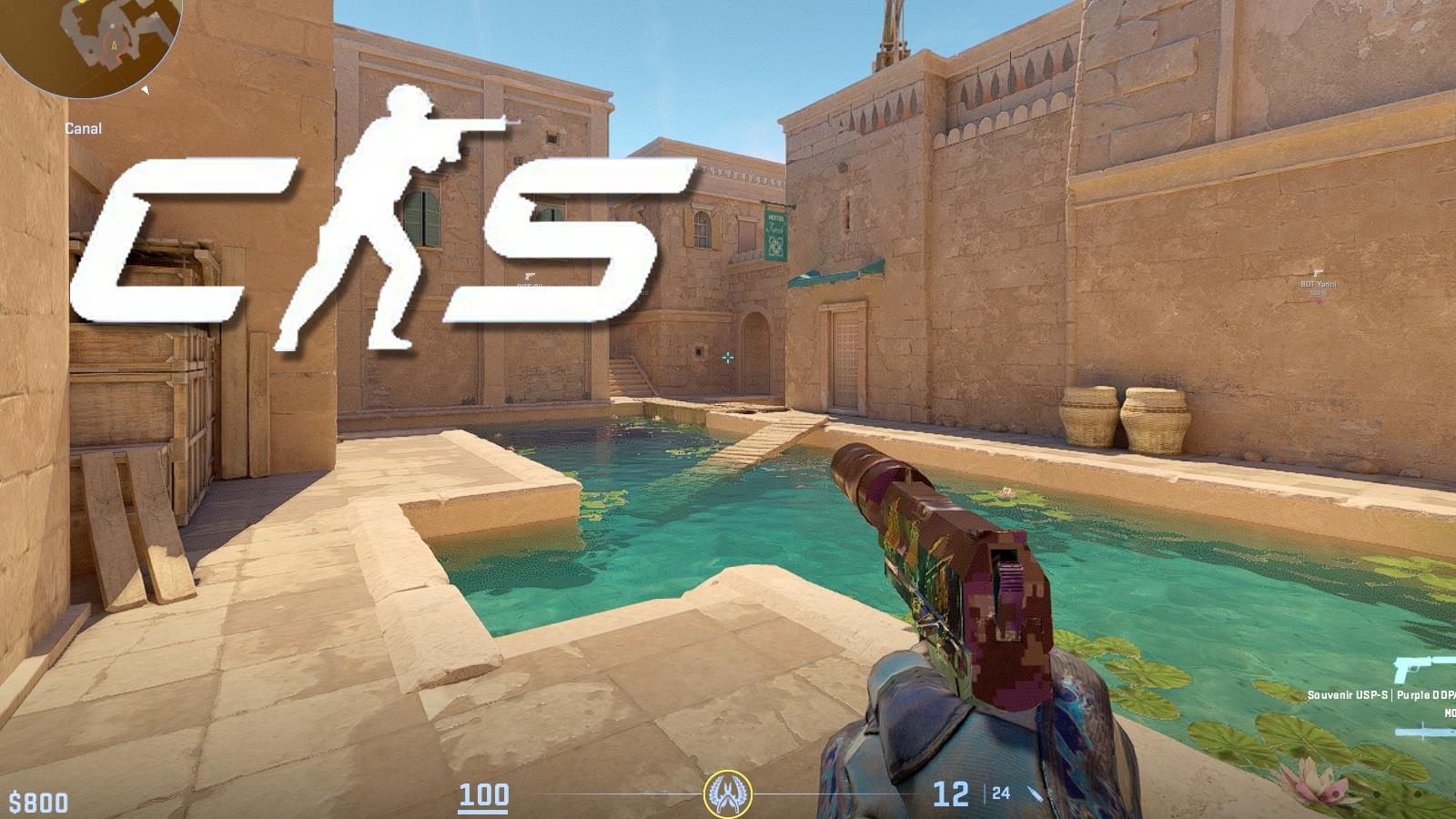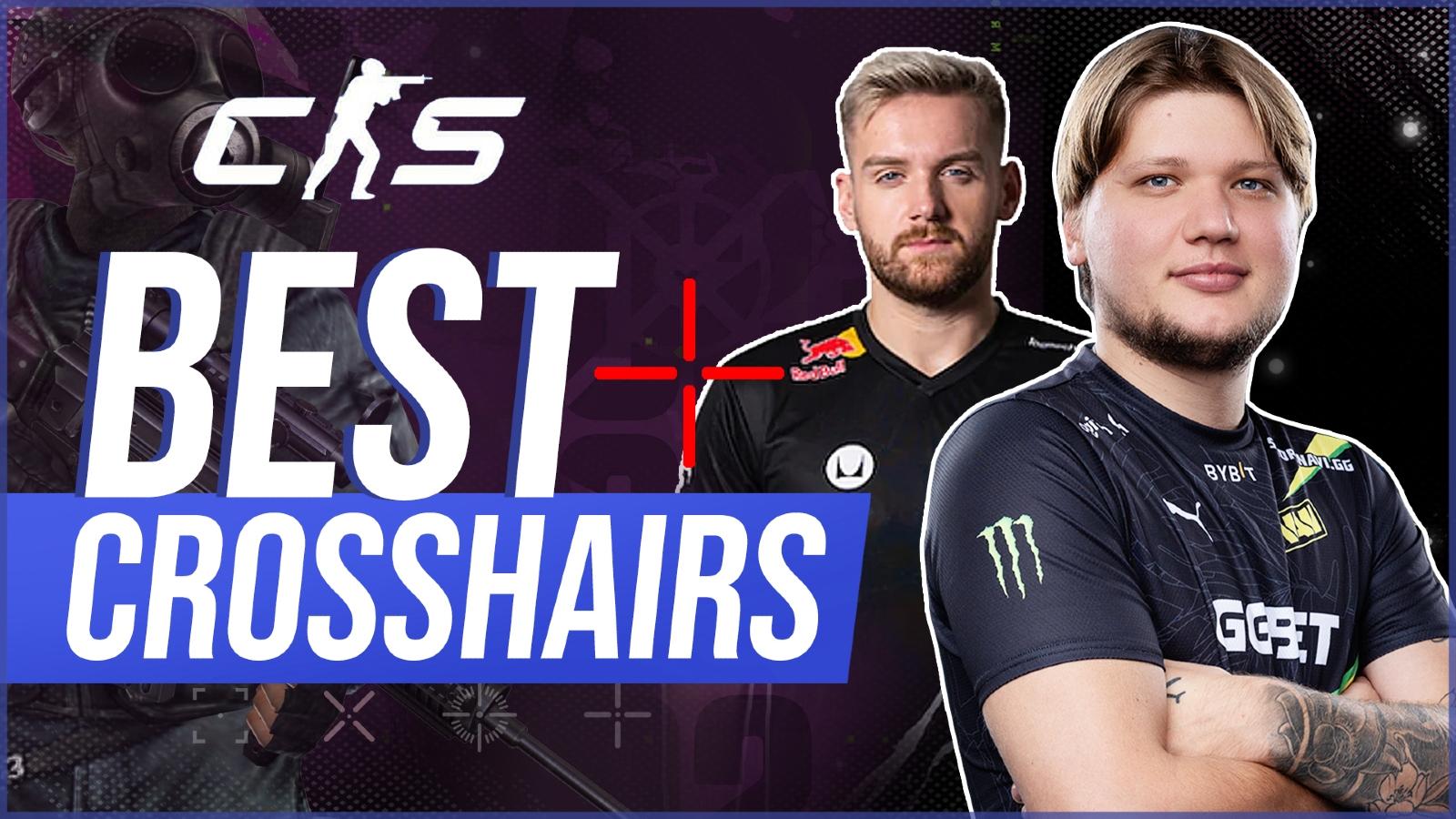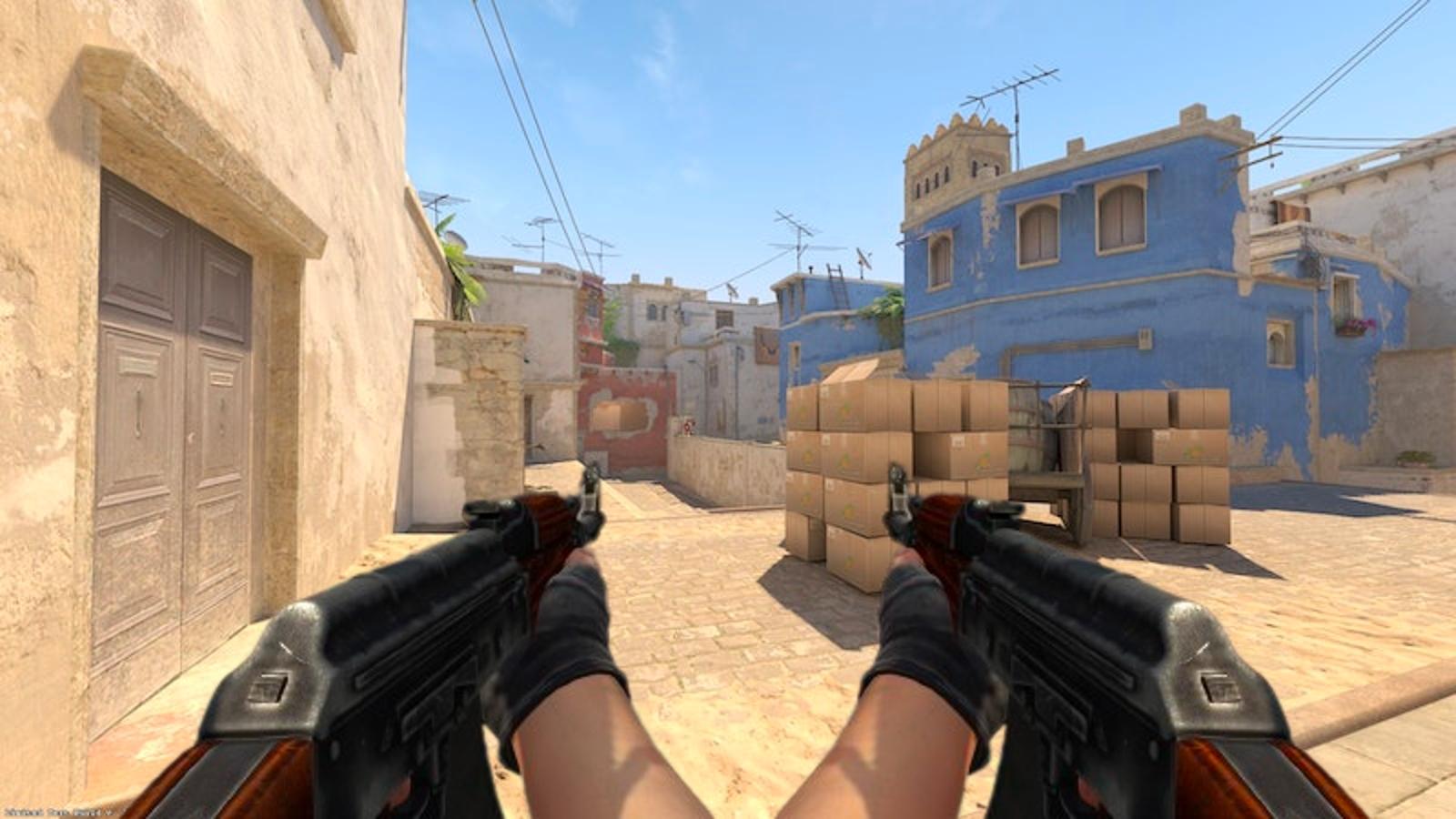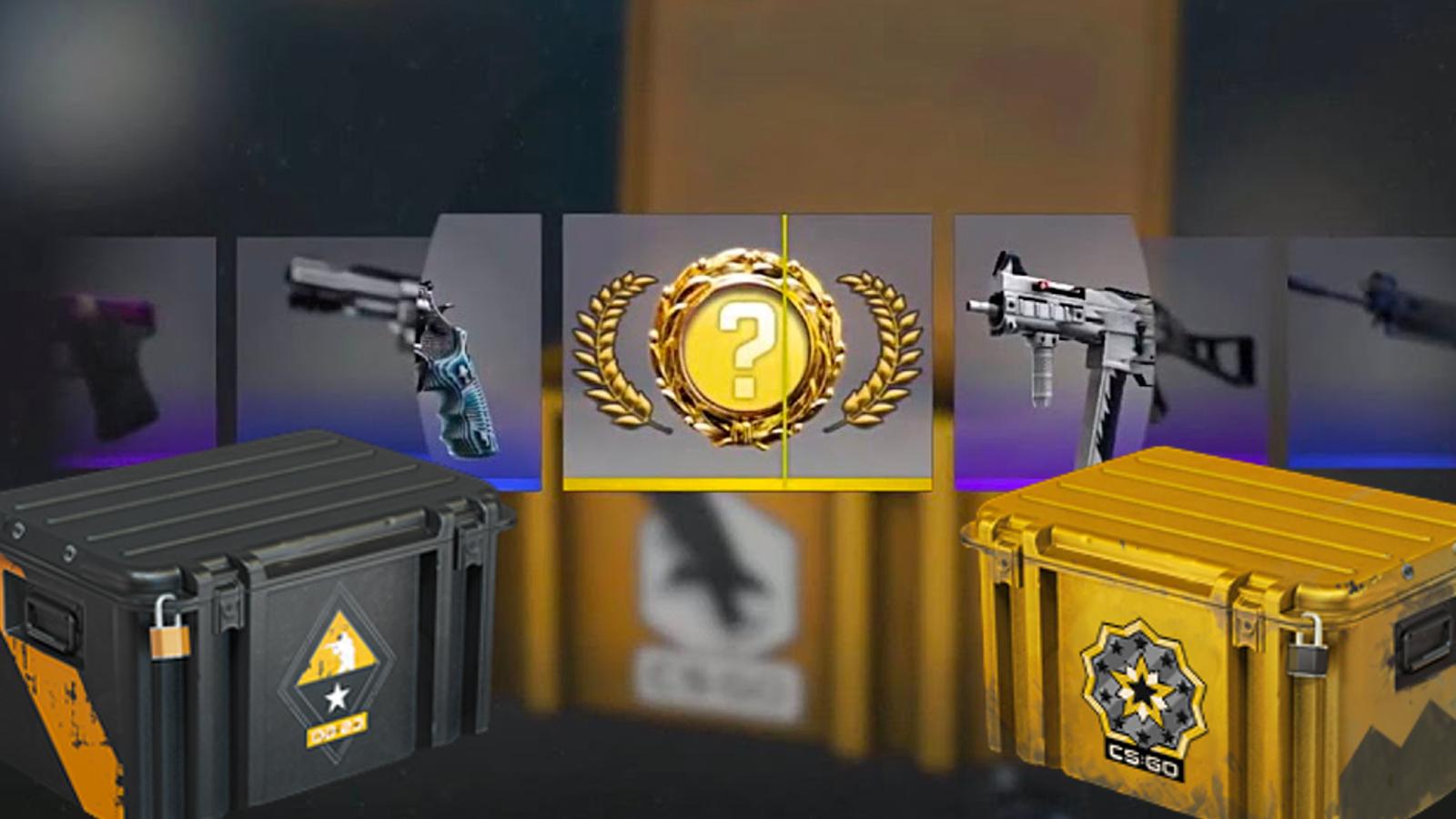All CSGO Ranks: Matchmaking ranking system explained & how to rank up
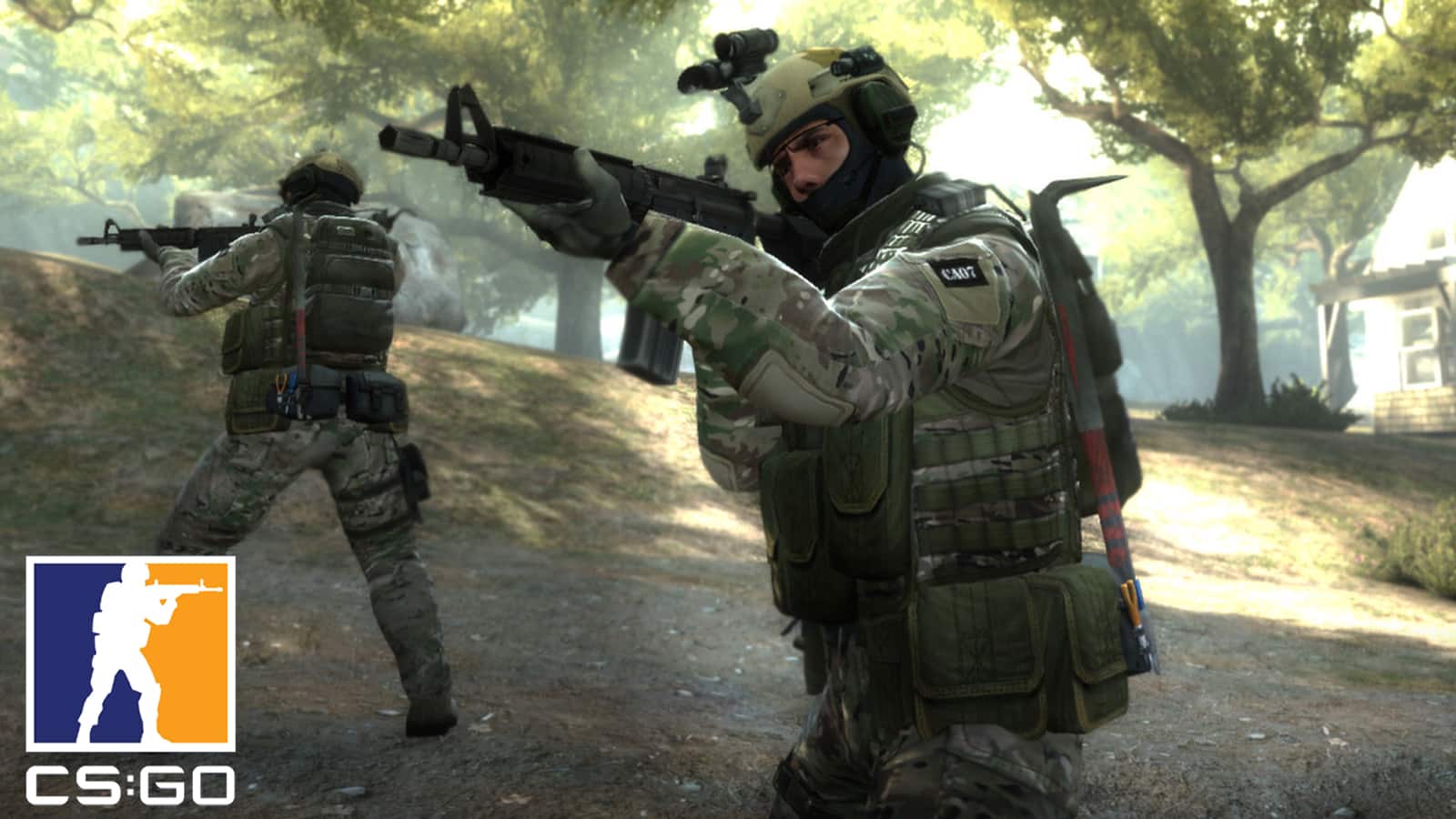 Valve
ValveCS:GO, like many other competitive games, has a ranked system that players can grind to reach the top ranks. Here’s everything you need to know about ranks in Counter-Strike: Global Offensive, how to rank up, and how your rank is determined.
Ranking up in CS:GO is not an easy task. There are a total of 18 ranks, although you could be placed somewhere in the middle after your placement matches, skipping a few ranks. Unlike popular shooters like Valorant and Rainbow Six Siege, Valve keeps the data about elo gained or lost after each match hidden.
If you’re wondering how the ranking system works and what the ranks are Counter-Strike: Global Offensive, don’t worry – we have all the information you need to know.
Contents
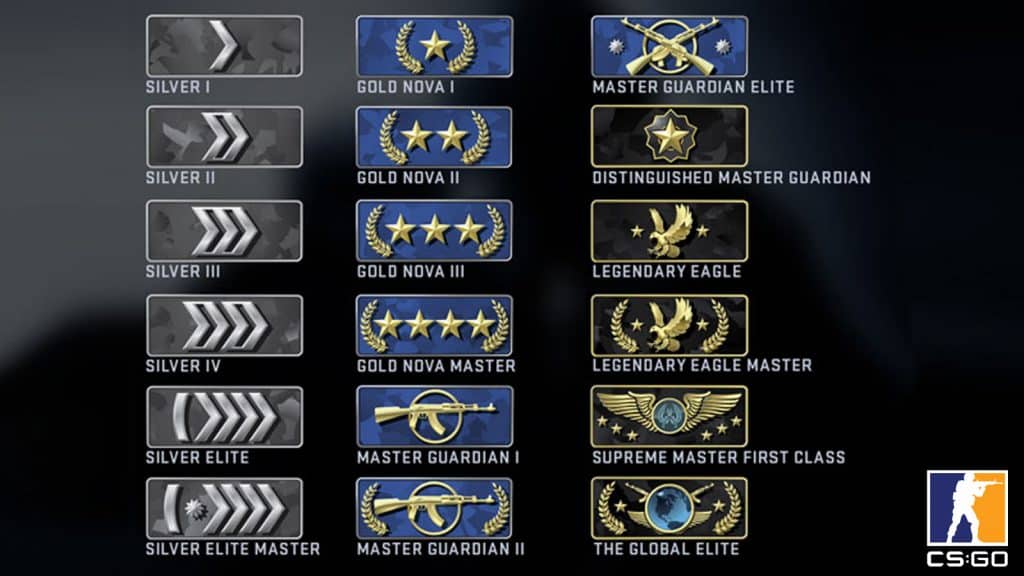 Valve
ValveHow many ranks are there in CS:GO?
As we mentioned earlier, the game has a total of 18 ranks starting from Silver 1 to Global Elite. The skill level of your teammates and opponents should increase with each rank up. many players also prefer to play on FACEIT servers instead, which has its own ranking system with 10 levels, separate to Valve’s matchmaking.
Here’s a rundown of all the ranks in CS:GO in ascending order:
| Ranke | Abbreviation |
|---|---|
| Silver 1 | S1 |
| Silver 2 | S2 |
| Silver 3 | S3 |
| Silver 4 | S4 |
| Silver Elite | SE |
| Silver Elite Master | SEM |
| Gold Nova 1 | GN1 |
| Gold Nova 2 | GN2 |
| Gold Nova 3 | GN3 |
| Gold Nova Master | GNM |
| Master Guardian 1 | MG1 |
| Master Guardian 2 | MG2 |
| Master Guardian Elite | MGE |
| Distinguished Master Guardian | DMG |
| Legendary Eagle | LE |
| Legendary Eagle Master | LEM |
| Supreme Master First Class | SMFC |
| The Global Elite | GE |
How does CS:GO’s ranking system work?
One of the most distinctive features of Counter-Strike is that the MMR number is hidden from the players. Valve has always kept it private and as a result, players are left having to guess how close they are to their next rank-up.
Over the years, players have formulated a universal theory related to the ranks in CS:GO. Your rank depends upon multiple factors in-game like your kill-to-death ratio, MVPs, bomb plants & defusals, damage per round, as well as the match result (win, draw, loss).
If you want to rank up at a steady pace or get a good placement after the first 10 matches of playing competitive, you need to have a good all-around performance. This means you need to try to maintain all the things mentioned above on the positive side as much as possible.
At first, don’t worry about your rank too much – simply focus on getting better at the game over time. Your rank should eventually reflect your skill level.
We all know how difficult it can be especially when there are smurfs and cheaters on the opposite side, but that’s an issue prevalent with almost every competitive game out there.
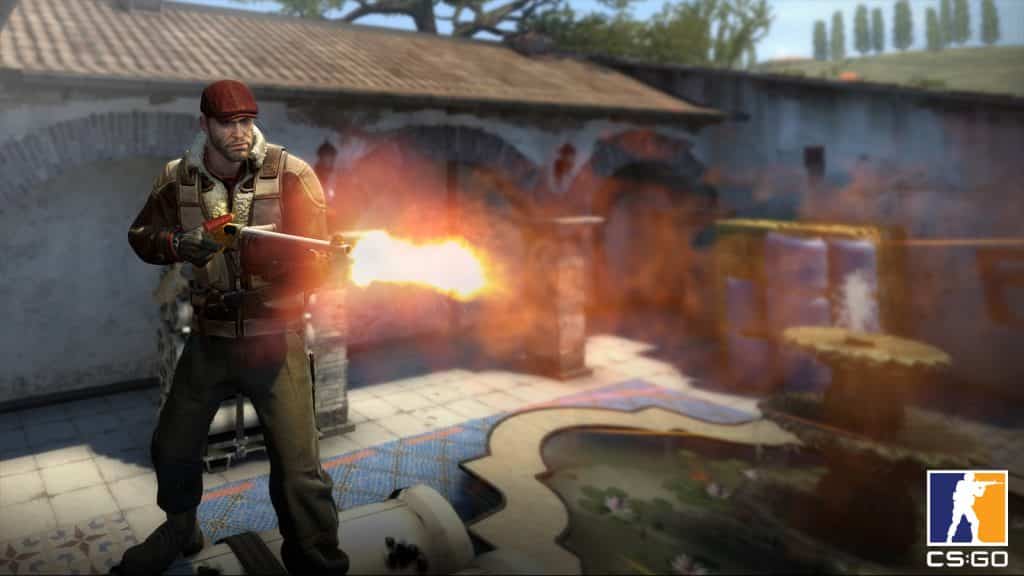 Valve
ValveTrust Factor plays a major role too
In 2017, Valve introduced a system known as the “Trust Factor“. It helps to match up with players based on the behavior you portray in matches. This means the less toxic you are in matches, you should get teammates and opponents with a similar, positive Trust Factor level.
Valve has not revealed the exact details, but certain factors apart from behavior also get counted like your Steam account age and hours you’ve clocked in CS:GO. This is only applicable when you’re not in a five-man stack.
So, there you have it – that’s everything you need to know about ranks and how the system works in CS:GO. For more about the game, be sure to explore some of our other content and guides:
All Dust 2 map callouts | Top 20 highest earning CSGO pros of all time | Most expensive CSGO skins in 2022
